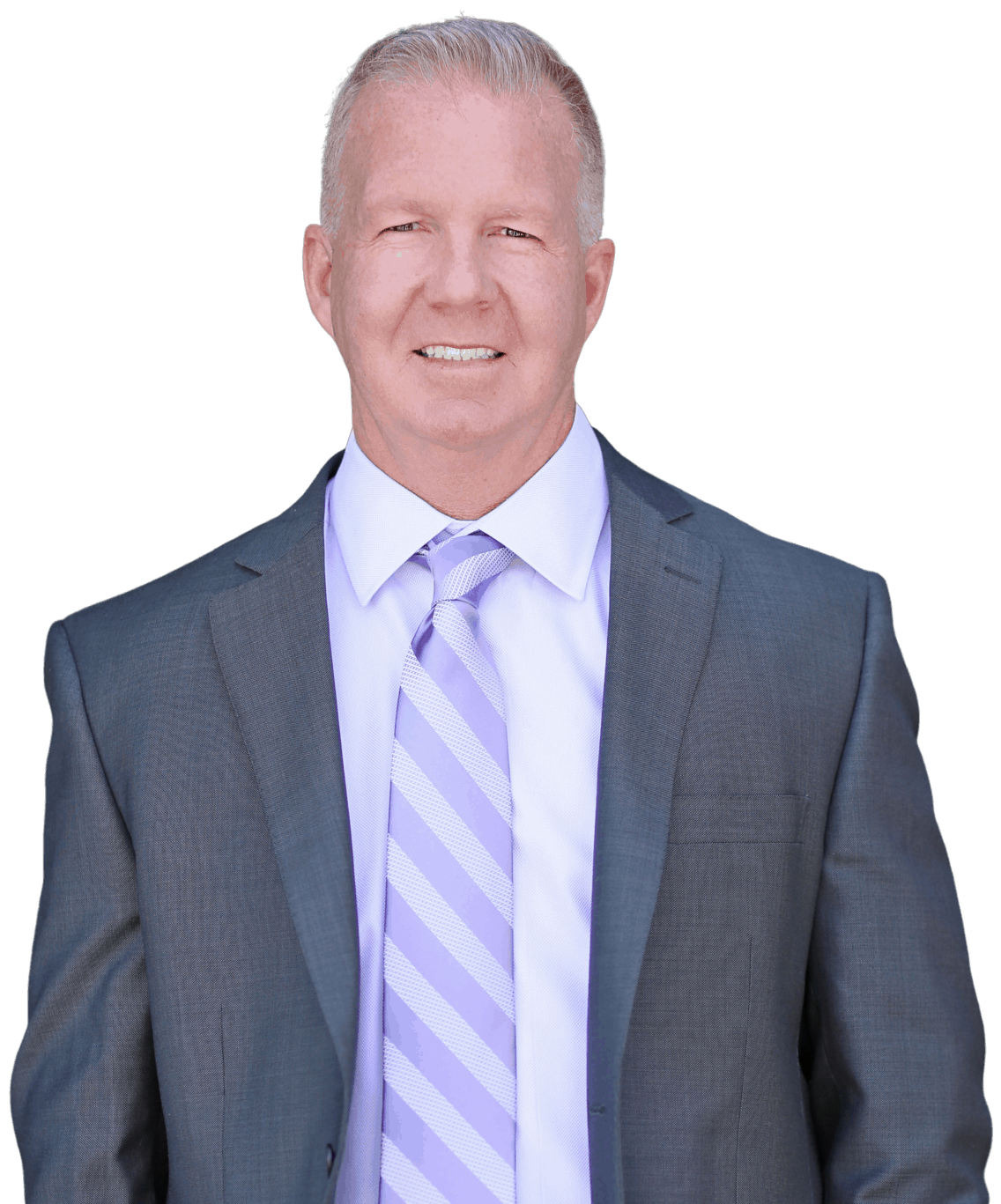
After you’ve been in a car accident, the insurance company may declare your car a total loss if the cost to repair your car exceeds what it is worth, or it is so badly damaged that it is not repairable. In the case of a total loss, the insurance company owes you the fair retail market value of the vehicle. You can do a bit of research and get a good general idea of what your vehicle is was worth before the accident by visiting such websites as Kelly Blue Book or NADA and entering in your specific vehicle information. These sites are appraisal sites and they’ll be able to give you a ballpark figure with which to compare what the insurance company offers you, but be aware that the insurance company also needs to add taxes, license fees, and any other fees required to transfer ownership of a replacement vehicle to their offer to you.
If you are in a situation where your car has been totaled by the insurance company, you probably have lots of questions. This is normal. Your smartest move would be to contact an experienced attorney to help you navigate these waters and make sure you get the amount you deserve for your totaled vehicle.
Here are four of the most frequently asked questions regarding the value and payoff of a totaled vehicle.
The first thing you need to know is that you cannot trust the insurance company for the at-fault driver. You may feel that you should contact them and follow their instructions on where to go to have your vehicle looked at and possibly fixed. This would be a huge mistake. The at-fault party’s insurance has no obligation to treat you fairly, and will often send you to a repair facility that will low-ball the estimated value of your vehicle.
Even if you have to end up getting a few different appraisals, do your own research and go with a repair facility that you trust to give you the most accurate estimation of the vehicle’s value. Contact your own insurance company and ask what repair facilities they recommend in your area. Ask friends and family for recommendations. This way, you’ll be able to find a trustworthy facility that will help you figure out the value of the vehicle and the amount the insurance company should be cutting you a check for.
If you have an auto loan that hasn’t been paid off, and your car is totaled, the amount the insurance company gives you will go towards your auto loan first, and anything left over will go directly to the registered owner of the vehicle. For instance, if your vehicle has a loan on it with a balance of $10,000, and the insurance company figures the loss to be $12,000, they will first pay off the $10,000 balance, and when that is done, they’ll cut a separate check to you for $2000.
Many times, people find themselves in a bad situation when they owe more on the vehicle than the car is worth, and they are left still paying off a totaled vehicle. This is especially true if your own a newer model year vehicle, as depreciation happens quickly for almost all vehicles.
If your car has been totaled and you didn’t opt for gap insurance when you purchased your auto insurance policy, there is not much that can be done after the fact. To avoid this situation in the future, always get gap insurance if you feel that your vehicle is worth less than you currently owe on it. Gap insurance will pay what is left on your auto loan should the amount you receive be insufficient to pay it off completely.
Here is an example of how gap insurance comes in handy. Let’s say you have a loan on a 2015 vehicle, and the balance owed is $15,000. You are in an accident and your car is declared a total loss. The retail cash value of your vehicle, before the accident, was $12,000. In this situation, if you did not have gap coverage, you would still owe $3000 on the auto loan. If gap coverage was in place, that $3000 would be paid and you would owe nothing to the auto lender.
If you don’t have gap coverage, consider inquiring with your lender about extending your existing auto loan to your replacement vehicle in what is called a collateral exchange. What you are essentially asking the lender to do is add the payoff amount left over after the insurance payment on to a loan for your replacement vehicle.
If the payoff amount you receive from the insurance company isn’t enough to get you into a vehicle of similar make, model, and year, you can look around in different places such as local newspapers, eBay, Craigslist, Autofinder, and/or Carmax. If you do research and show that similar models to your old car are being sold for more than you received, your insurance company may be willing to amend their appraisal and offer you more money with which to purchase a replacement vehicle.
There is also a section of the California Insurance regulations that states if you, as the insured, aren’t able to buy a similar vehicle with the amount offered by the insurance company, you could demand that the insurance company find a vehicle that is similar to replace yours. This places the burden on the insurance company, but it may take a while for them to actually find a vehicle for you. Use this as a last resort.